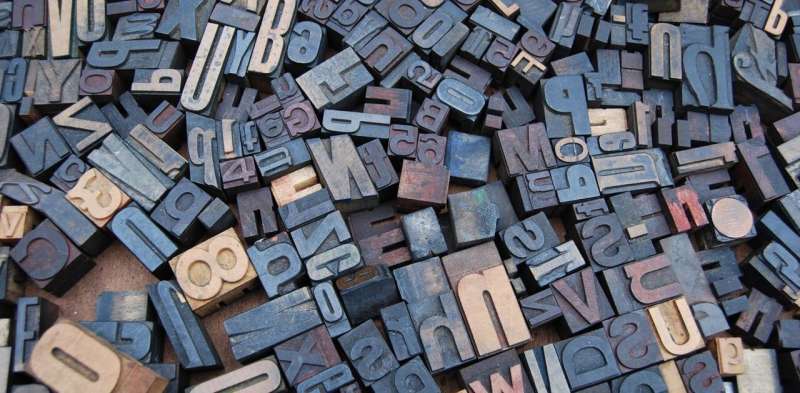Why mixing languages can improve students' academic performance

Multilingual skills that allow people to switch from one language to another or mix languages are often considered more as .
Thus, there is no surprise that these multilingual speakers are often condemned using pejorative terms like ("mixed-up language") in Indonesia for mixing Indonesian language and English in a conversation.
Much research has documented the use of similar pejorative terms elsewhere. This includes (salad language) in Malaysia, (verbal salad) in Nigeria, and (broken-up) in the Panjabi-speaking community in India.
There are also more neutral-sounding terms like (Singapore), (Japan), (France/Canada), (the Philippines) and (India) to label those who mix multiple languages.
Some argue that such multilingual practices reflect .
Formal education systems share a similar view, looking at them as a hindrance to students' academic success as they are believed to delay the process of learning school subjects.
However, many studies have proven otherwise.
Contrary to popular opinion, this research shows multilingual practices do not have any adverse effect on students' academic achievement. Adopting a multilingual approach in classrooms has proven to be important in increasing students' and even between students living in cities and those in villages.
It has also been reported that multilingual students' academic progress, particularly in reading and maths, are greater than that of their monolingual counterparts.
There are at least three main reasons why multilingual skills give students an academic edge.
First, multilingual skills help students to activate their prior knowledge, which positively the process of understanding new knowledge.
Prior knowledge here refers to the knowledge and experiences that students have previously acquired at schools and home.
Much research has shown that this pre-existing knowledge greatly benefits them in understanding new knowledge. This is evidenced by a growing number of educational researchers and practitioners grappling with .
Prior knowledge plays a critical role in increasing academic achievement mainly because it can harness students' , increase their , and help them to , and new information.
In other words, failing to activate this prior knowledge will likely result in the students being demotivated and less engaged in the lessons.
One pertinent question might arise in light of this explanation: how do we activate this prior knowledge?
This is where multilingual skills in the classrooms play a crucial role.
Prior knowledge is in the totality of the students' linguistic repertoire, which consists of words, phrases and sentences from their first, second, third languages, and so on.
To put it simply, to activate students' prior knowledge optimally, teachers must tap into the students' .
Imposing the rule of only using one language in the classroom will only activate the knowledge embedded in that one specific language, if at all. This will make it a bit harder for students to process and understand new knowledge.
Second, multilingual skills help build rapport between students and teachers, which is important for improving academic performance.
A growing body of research has shown that a good rapport between teachers and students .
This is primarily because a good relationship between teachers and students is key to maintaining students' in the lessons being taught.
Much research has shown that multilingual practices are effective in building and maintaining such relationships. For example, a study has found multilingual practices in the classroom .
Multilingual skills enable teachers and students to use many strategies to build meaningful communication and relationships with each other.
For example, are rich resources that students can use in the classrooms to build "" in which they can freely express their identities and engage in classroom activities.
Such humor and playfulness are learned through multiple languages they acquired outside the classroom.
Third, multilingual skills help increase students' well-being, which is a key factor in successful learning.
Well-being in academic performance. This is mainly because positive emotions help students to be .
The absence of this sense of well-being, on the other hand, will result in students feeling because their socio-cultural backgrounds and identities are not acknowledged.
Recent research has shown that tolerating the use of multilingual skills at school has .
The possible explanation for this is that language and emotions are closely related.
.
This means that using students' rich linguistic resources in classrooms will likely help them .
Furthermore, the well-being of multilingual students is linked with a stronger sense of belonging to the school environment. This then helps them with their peers and teachers.
These positive relationships create positive interactions relating to the learning activities. Eventually, this helps them improve their academic performance and attainment.
Provided by The Conversation
This article is republished from under a Creative Commons license. Read the .![]()


















